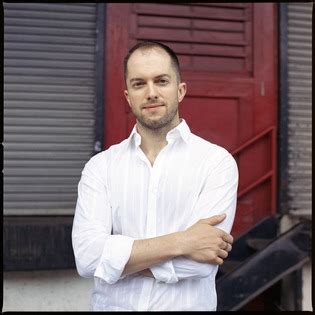A Quote by Munira Mirza
We want artists to stay in London. It's very important culturally and economically, but there are lots of challenges in terms of finding space.
Related Quotes
I always wanted to write a book about a common food that becomes a commercial commodity and therefore becomes economically important and therefore becomes politically important and culturally important. That whole process is very interesting to me. And salt seemed to me the best example of that, partly because it's universal.
I have the challenges sort of already there and as a consequence my companions feel a considerable desire to do this, too, and they feel very put out if they are left in the cold, so there we have it. We have me who has lots of ideas and then we have a very good team who wish - who are persuaded almost - to take part in these challenges.
There is this ferocious digital revolution coming along and we're in the teeth of that at the time of maximum economic disruption. There are huge opportunities there. I made the point in my supplementary statement that the Guardian is now a very considerable global player, but there are huge challenges in terms of making, of finding, the convincing business model, so I want to see Guardian journalism continue and thrive, although whether and to what extent that is in print or in digital is a sort of second order matter.




































